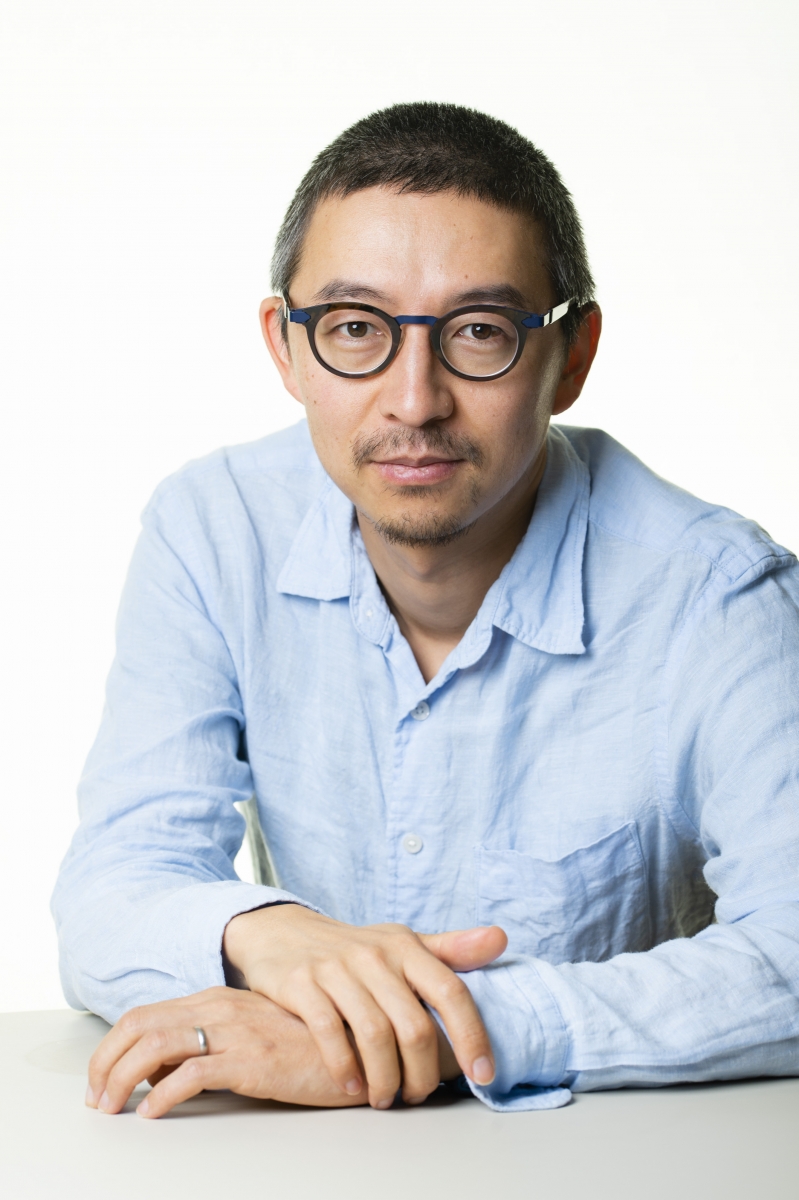KLI Colloquia are invited research talks of about an hour followed by 30 min discussion. The talks are held in English, open to the public, and offered in hybrid format.
Fall-Winter 2025-2026 KLI Colloquium Series
Join Zoom Meeting
https://us02web.zoom.us/j/5881861923?omn=85945744831
Meeting ID: 588 186 1923
25 Sept 2025 (Thurs) 3-4:30 PM CET
A Dynamic Canvas Model of Butterfly and Moth Color Patterns
Richard Gawne (Nevada State Museum)
14 Oct 2025 (Tues) 3-4:30 PM CET
Vienna, the Laboratory of Modernity
Richard Cockett (The Economist)
23 Oct 2025 (Thurs) 3-4:30 PM CET
How Darwinian is Darwinian Enough? The Case of Evolution and the Origins of Life
Ludo Schoenmakers (KLI)
6 Nov (Thurs) 3-4:30 PM CET
Common Knowledge Considered as Cause and Effect of Behavioral Modernity
Ronald Planer (University of Wollongong)
20 Nov (Thurs) 3-4:30 PM CET
Rates of Evolution, Time Scaling, and the Decoupling of Micro- and Macroevolution
Thomas Hansen (University of Oslo)
RESCHEDULED: 18 Dec (Thurs) 3-4:30 PM CET
Chance, Necessity, and the Evolution of Evolvability
Cristina Villegas (KLI)
8 Jan 2026 (Thurs) 3-4:30 PM CET
Embodied Rationality: Normative and Evolutionary Foundations
Enrico Petracca (KLI)
15 Jan 2026 (Thurs) 3-4:30 PM CET
On Experimental Models of Developmental Plasticity and Evolutionary Novelty
Patricia Beldade (Lisbon University)
29 Jan 2026 (Thurs) 3-4:30 PM CET
Jan Baedke (Ruhr University Bochum)
Event Details

Join by Zoom:
Topic description / abstract:
In this paper, we argue that in order to understand the interdisciplinary and transdisciplinary dialectics in sustainability science, it is useful to see sustainability science as a kind of operations research/management science (OR/MS), and then to highlight the hard-soft distinction in systems thinking for OR/MS. First we argue that the commonly made natural-social science dichotomy is relatively unimportant and unhelpful. We then outline the differences between soft and hard systems thinking as a more relevant and helpful distinction, mainly as a difference between perspectives in systemic modeling toward models. We also illustrate that the distinction is methodologically useful to advance sustainability science by enabling us (i) to suggest novel ways of using existing theoretical, experimental, and computational resources of the sciences for renewable resource management, and (ii) to disentangle disciplinary disagreements in climate science.
Biosketch
Michiru Nagatsu is an associate professor at the Helsinki Institute of Sustainability Science, and Practical Philosophy, the University of Helsinki. He runs Economics and Philosophy Lab and HELSUS Methodology Lab. His research uses a range of empirical approaches – including experimental philosophy, collaborations with scientists, interviews, integrated history and philosophy of science – to study conceptual and methodological questions in the philosophy of science.


